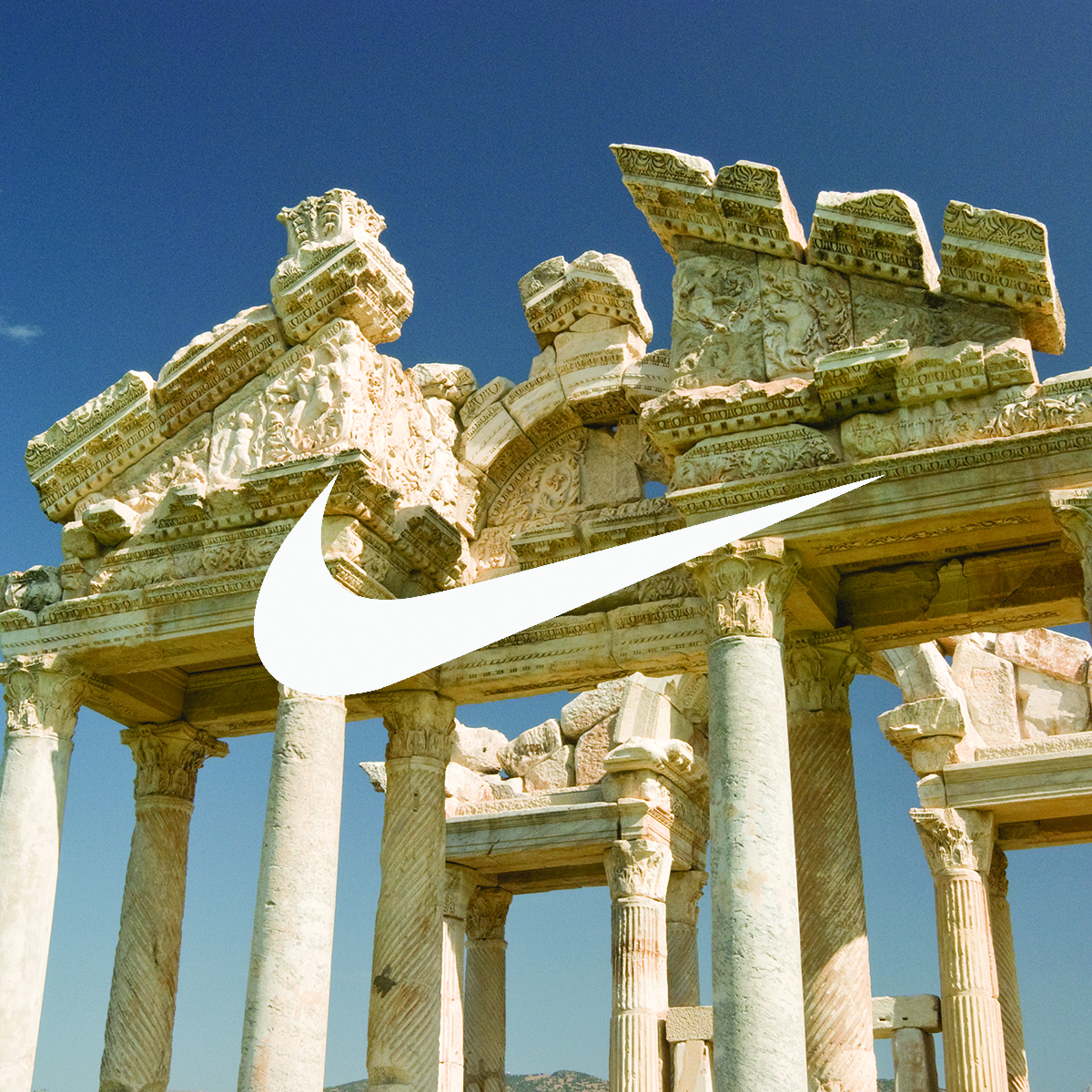We recently looked back at a classic article from the 2003 Harvard Business Review about what makes brands iconic. We wanted to take a closer look at the ideas presented in that 2003 article and look at how things have changed (or haven’t) in the 20 years since.
In his 2003 article, “What Becomes an Icon Most,” author Douglas Holt argues that brands become icons when they are able to form a strong connection with the culture they’re a part of. But what does it mean exactly to be culturally relevant? According to Holt, brands that are most successful allow consumers to experience powerful cultural myths through them. While having a competitive advantage is still significant, its importance is secondary to brands’ ability to be connect with the cultural landscape.
A myth, as defined by Merriam-Webster, is “A popular belief or tradition that has grown up around something or someone.” So, a cultural myth is a popular belief or tradition that is prevalent among a culture, or one that is at least widespread throughout a specific segment of the population. In his article, Holt focuses on the iconic brand Mountain Dew and how it evolved over time to encapsulate cultural myths that evolved over several decades. But while Mountain Dew’s marketing changed with cultural shifts, there are a few brands that tapped into myths that have existed in the United States for generations. One such brand is Nike, with its “Just Do It” slogan.
When you look at Nike’s product, there’s not that much that differentiates it from competitors such as Adidas, Puma, and New Balance. What makes the brand rise above these others is the way Nike has positioned itself. In 1988, Nike developed it’s “Just Do It.” tagline which still resonates today. This slogan encapsulates much of what Americans have culturally ascribed to themselves: hard work, a do-it yourself attitude, and the promise of success if one acts earnestly in achieving their goals.
This cultural ethos also embodies and recognizes the inevitable hardships that will be faced along the way; “Just Do It” is a response to those challenges. Procrastinating on training for a race? Just Do It. Not working on a project that you should be? Just Do It. It’s an ideal that everyone can relate to, not just a specific audience, and that’s what makes it so powerful.
The slogan, unlike those of Mountain Dew, has stood, and will continue to (barring some seismic shift in U.S. culture) because of its universal message that applies not only to athletes, but the population as a whole. Unsurprisingly, North America accounts for more than 41% of Nike’s global sales; other areas around the world do not possess the same cultural ethos as that of the United States. This may explain why, when Nike attempted to translate its slogan into other languages, the same impact was not achieved and the company reverted to its English-language slogan.
What can we learn from brands like Nike and Mountain Dew? To become an icon, brands need to relate to consumers on a cultural level; this remains the case today as much as it did 20 years ago.
What Makes a Brand Iconic?

